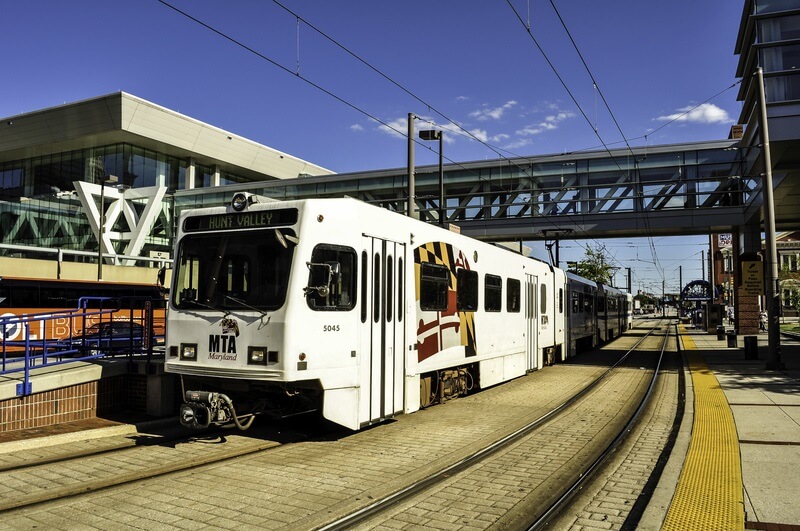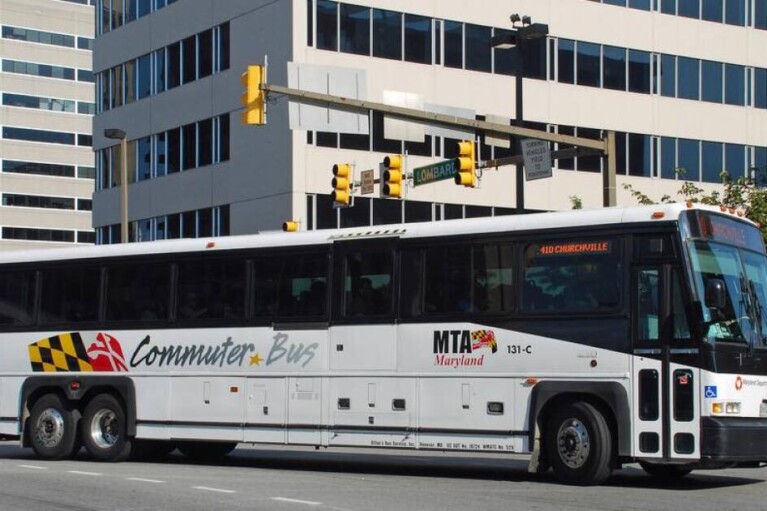Business owner: Labor peace agreements can ensure racial justice in Maryland’s legal cannabis industry

By Hope Wiseman
The writer is co-founder of Mary & Main and a member of Progressive Maryland.
The legalization of cannabis in Maryland is an opportunity to further racial justice and level the playing field for Black people, entrepreneurs and workers alike. That can only happen if fair labor peace agreements are put in place first, but our Maryland General Assembly just voted against the amendment to include them.
With the decision not to include any language around equity for cannabis workers, they have failed to progress toward meaningful change on a systemic level here in our state.
Labor peace agreements are essential for ensuring equity in the cannabis industry. These legally binding contracts are negotiated between employers and trade unions representing employees, allowing for workplace safety, fair wages, healthcare benefits, and ensuring that employers don’t discriminate against any group or individual during hiring processes or while they’re employed there. By establishing a collaborative relationship between employers and employees, labor peace agreements provide an equitable system of regulatory compliance that addresses a critical aspect of structural racism head-on.
It’s a colossal disappointment that our legislators don’t see the value of labor peace agreements. Without such agreements in place, historically oppressed groups will continue to be left behind when it comes to building a fruitful career in the world of legal cannabis. Labor peace agreements would have ensured that cannabis workers, who overwhelmingly come from minority communities, have opportunities to earn a living wage, in clean and safe working conditions, with ample opportunities for upward mobility, and other protections. This is particularly important for marginalized communities who have historically been disadvantaged in the workforce. By failing to include labor peace agreements in the cannabis reform bill this year, our legislators have sent the message that they do not value the rights and well-being of workers in this industry. I hope the Moore Administration recognizes this missed opportunity and takes action to correct it by making a move to instill labor peace agreements in the next legislative session.
My business, Mary and Main, was founded by three Black entrepreneurs who do not fit the typical profile of a cannabis business owner. We own and operate our business in a community that has been historically disadvantaged and many of our workers come from this community as well. We are proud of the positive and progressive work environment that we have been able to create for our employees. This did not come without struggle and triumph, however, we understand the importance of creating an environment where everyone feels heard, respected, and has upward mobility. This is why we have signed a labor peace agreement at M&M and plan to continue to give our employees the freedom to unionize at any of our future businesses. It will be critical for Maryland to implement soon a new, more robust cannabis legislation accompanied by mandatory labor peace agreements so that all individuals can have equal access to the same opportunities within this burgeoning industry.




 Creative Commons Attribution
Creative Commons Attribution